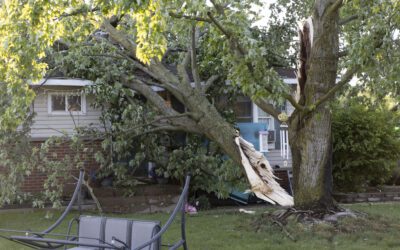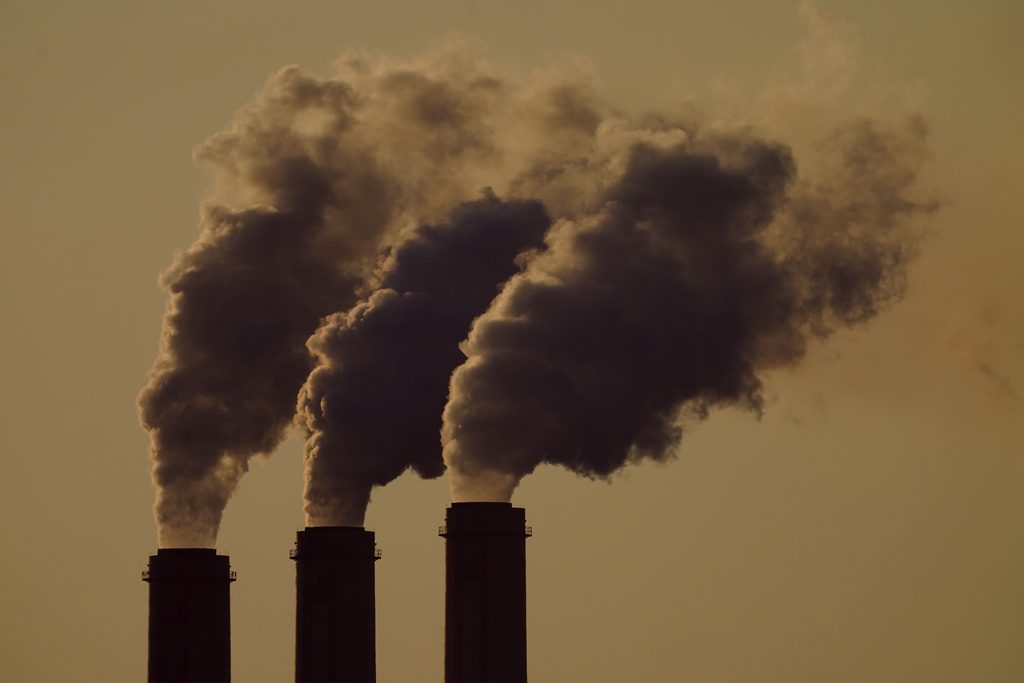
AP Photo/Charlie Riedel, File
President Donald Trump and Lee Zeldin are taking steps to roll back the EPA’s Endangerment Finding, which is essential for protecting us against pollution.
When a 9-year-old child in Grand Rapids can’t play outside on a hot fall afternoon because asthma sends her gasping back indoors, it highlights the heavy toll of industrial pollution in the air we breathe. Across Michigan, we witness how Black and Brown communities are hit hardest by toxic air, climate change, and decades of environmental neglect.
Now more than ever, we face a critical threat. President Donald Trump and Environmental Protection Agency (EPA) Administrator Lee Zeldin are taking steps to roll back the EPA’s Endangerment Finding, which is essential for the Clean Air Act and protecting us against pollution driving climate change.
The EPA’s 2009 Endangerment Finding, under an effort from former President Barack Obama, declared that greenhouse gases pose a threat to public health and welfare, forming the legal basis for federal climate regulations.
Weakening it is more than bad policy. This rollback will weaken vital protections, jeopardizing our children’s health and exacerbating systemic injustices in already overburdened communities.
Black communities in Grand Rapids know firsthand how environmental injustice is rooted in a long history of exclusion and inequity. For decades, industrial sites and hazardous facilities have been disproportionately located near Black and working-class communities—like the southeast Grand Rapids neighborhood, where residents continue to face risks from underground toxic chemicals left by former businesses.
The recent reopening of the Campbell Plant along the Grand River is a reminder of how polluting industries continue to place the heaviest burden on our communities. It reflects a familiar pattern: polluting industries find new life in communities already bearing the scars of past contamination, exposing families to higher rates of asthma, lead exposure, and other health issues.
These incidents reflect a national pattern where Black communities become sacrifice zones—paying with their health while corporations profit. From ‘Cancer Alley‘ in Louisiana to water issues in Flint, Michigan, predominantly Black neighborhoods endure the toxic air, contaminated water, and weak enforcement of environmental protections. These injustices are due to decades of redlining, forcing Black families into areas with fewer trees, closer to highways, railroads, and heavy diesel truck traffic—all of which compound the health burdens of pollution. The environmental justice movement emerged from the fight to protect the rights, health and land, of communities on the front lines of environmental racism.
In Grand Rapids, rolling back the Endangerment Finding would mean that the Campbell Plant could operate with fewer regulations on its emissions. This is concerning, especially since local families already face high rates of asthma and poor air quality. On a national level, this rollback would leave millions of people—particularly in Black, Brown, and low-income communities—vulnerable to industries that profit from placing the burden of pollution onto others, disproportionately affecting their children. The proposed rollback could eliminate protections altogether, allowing polluters to contaminate without accountability.
With the EPA threatening to roll back the Endangerment Finding—the stakes for our community are high. This rollback isn’t an arcane regulatory shift in Washington, it is a direct threat to the lungs, futures, and dignity of Grand Rapids’ most vulnerable residents.
The path ahead is clear: we must stand against dismantling our environmental protections. Immediately contact your local, state, and federal leaders and urge them to maintain the EPA’s Endangerment Finding. State Representative Kristian Grant is standing with community partners like the NAACP, WMEAC, and others to oppose the rollback. Sign her letter here and the NAACP petition here. You may contact the NAACP Greater Grand Rapids at [email protected].
Protecting the Endangerment Finding is not just about climate policy—it’s about everyone having a healthy future. As our NAACP partner, Darren Riley, CEO & Founder of JustAir, always reminds us: we take 20,000 breaths every single day — and every one of them should give us life, not take it away. We all play a crucial role in this cause.

Empowering environmental stewardship: barn sanctuary champions compassion and conservation
By Donté Smith, Capital News Service LANSING — The Great Lakes, a vital freshwater expanse for millions, face an ongoing environmental crisis....

Can Michigan’s forests survive climate change? One researcher is finding out
By Emilio Perez Ibarguen, Capital News Service LANSING – As Michigan’s climate warms, tree species like red pine and eastern white pine may no...
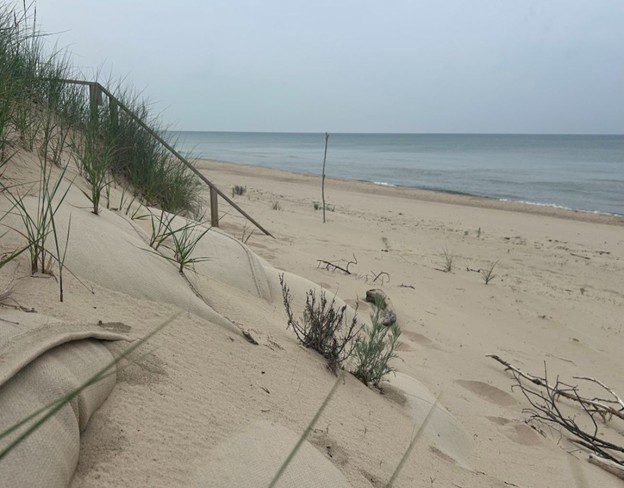
Years after high water crisis, lax policies leave Michigan coast vulnerable
By Emilio Perez Ibarguen, Capital News Service LANSING – Kathy and Tom Brickley knew erosion would be an immutable part of owning a property on Lake...
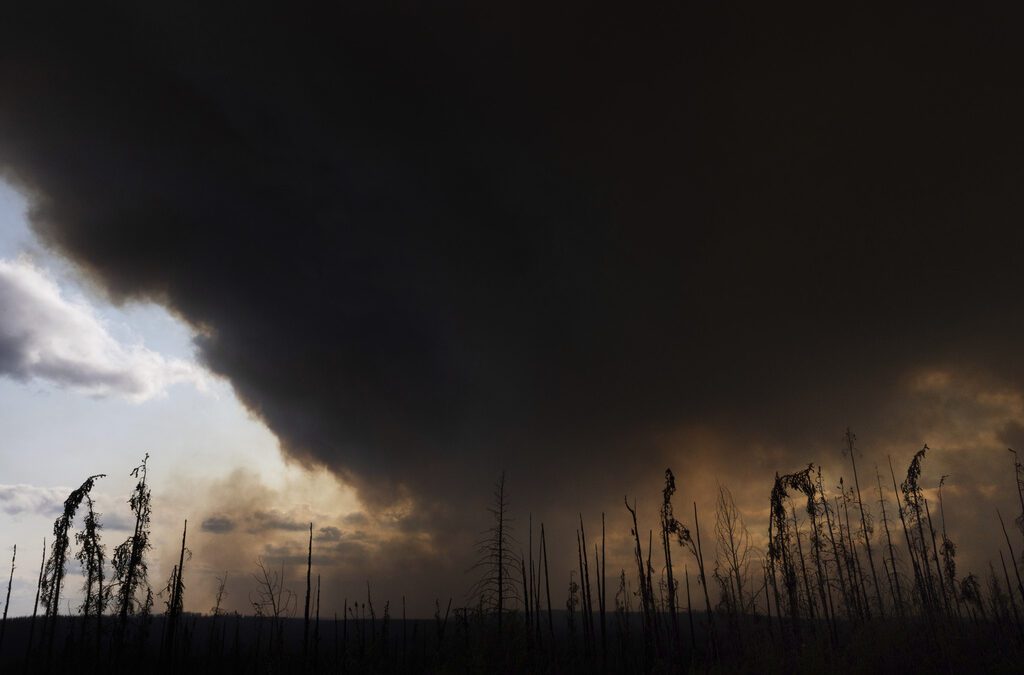
Air quality worsens in eastern US as Canadian wildfire smoke hangs over Midwest
PORTLAND, Maine (AP)—Smoke from Canadian wildfires worsened air quality in the eastern U.S. on Wednesday as several Midwestern states battled...
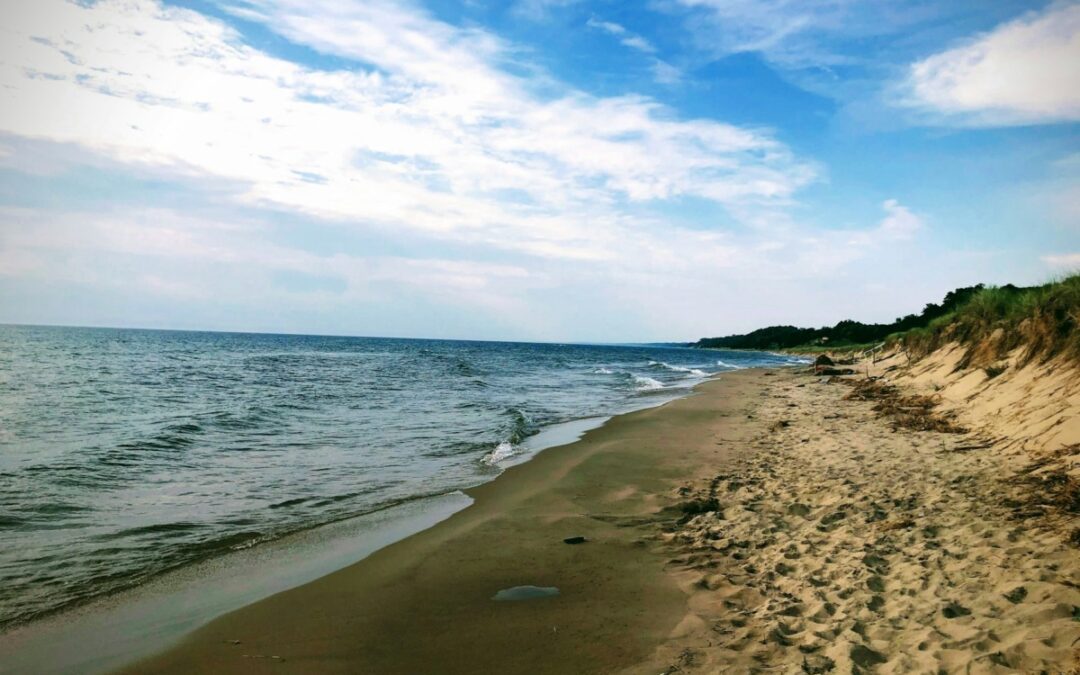
Landmark study finds Great Lakes have entered a new era with climate change, extreme events
The Great Lakes has officially entered a new climate era, and the past is no longer a reliable guide for the future. That's the landmark finding in...



